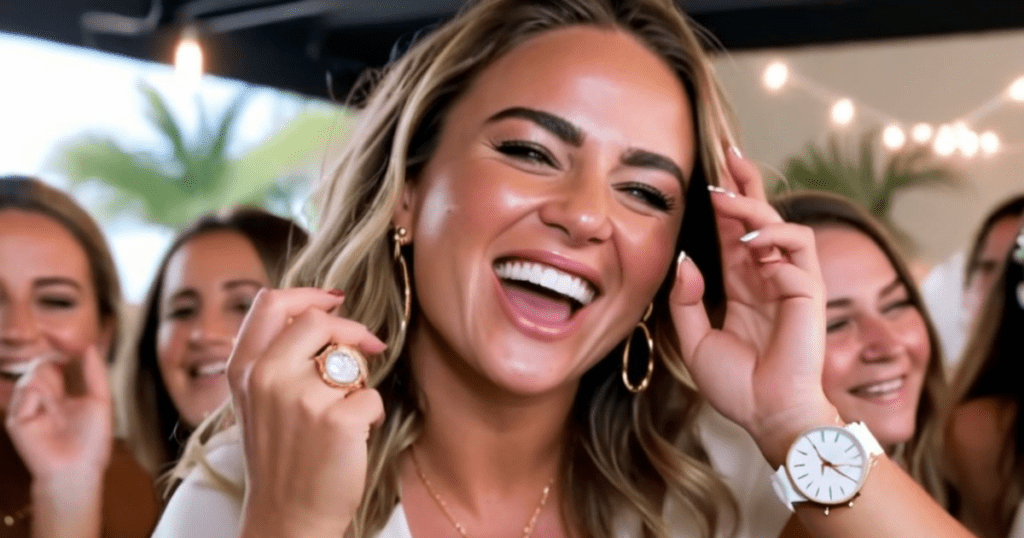From Watches to Workouts: How 5 Brands Partner with Influencers

In today’s digital age, influencer marketing has become a cornerstone of brand promotion strategies. By partnering with social media personalities who have large, engaged followings, companies can tap into ready-made audiences and benefit from the trust influencers have built with their fans. And there is the other way — en masse organized affiliate marketing programs as another form of influencer marketing.
Let’s explore five brands and their influencer marketing campaigns.
Daniel Wellington and Instagram Ambassadors
Swedish watch company Daniel Wellington has built its brand almost entirely through Instagram influencer marketing and its Global Ambassador Community. By partnering with a wide range of influencers, from fashion bloggers to travel photographers, the brand has associated itself with an aspirational, aesthetically pleasing lifestyle. Influencers are often given unique discount codes to share with their followers, incentivizing purchases and allowing the brand to track the success of different partnerships. This strategy has helped Daniel Wellington become one of the fastest-growing watch brands in the world.
Nike and Cristiano Ronaldo
The sportswear giant Nike has long understood the power of celebrity endorsements, but their partnership with soccer superstar Cristiano Ronaldo takes it to another level. With over 500 million followers across his social media platforms, Ronaldo’s reach is second only to Taylor Swift. Nike leverages this by featuring him in campaign shoots, having him showcase new products, and even creating a CR7 line of shoes and apparel. The authenticity of this partnership stems from Ronaldo’s genuine use of Nike products throughout his career, making his endorsements feel natural and credible to his massive fanbase. He began his relationship with Nike in 2003.
Gymshark and Fitness Influencers
Fitness apparel brand Gymshark has leveraged the power of fitness influencers (Gymshark Athletes) to grow from a small UK startup to a global phenomenon. By partnering with bodybuilders, personal trainers, and fitness models on platforms like Instagram and YouTube, Gymshark reaches its target audience of fitness enthusiasts directly. These influencers not only showcase the products but often provide workout tips and motivational content, adding value for their followers and strengthening the association between Gymshark and fitness success.
Glossier and Micro-Influencers
Beauty brand Glossier has taken a different approach to influencer marketing, focusing on micro-influencers rather than celebrities. By partnering with everyday customers (through their Generation Glossier Affiliate Program) who have smaller but highly engaged followings, Glossier creates a sense of authenticity and relatability. These micro-influencers, often passionate about skincare and makeup, share their genuine experiences with Glossier products, creating word-of-mouth buzz that feels more trustworthy than traditional advertising. This strategy has helped Glossier build a loyal community and cult following in the competitive beauty industry.
Audible and Podcast Hosts
Amazon’s audiobook platform Audible has tapped into the growing podcast market by partnering with popular podcast hosts through their Audible Affiliate Program. These influencers, who already have a captive audio audience, incorporate personal stories about their Audible usage or seamlessly transition into ad reads for the platform. This strategy works particularly well because the audience is already in a listening mindset, making them more receptive to trying an audiobook service. Podcast hosts often share personal book recommendations or discuss how Audible fits into their daily routines, adding a layer of authenticity to the promotion.
